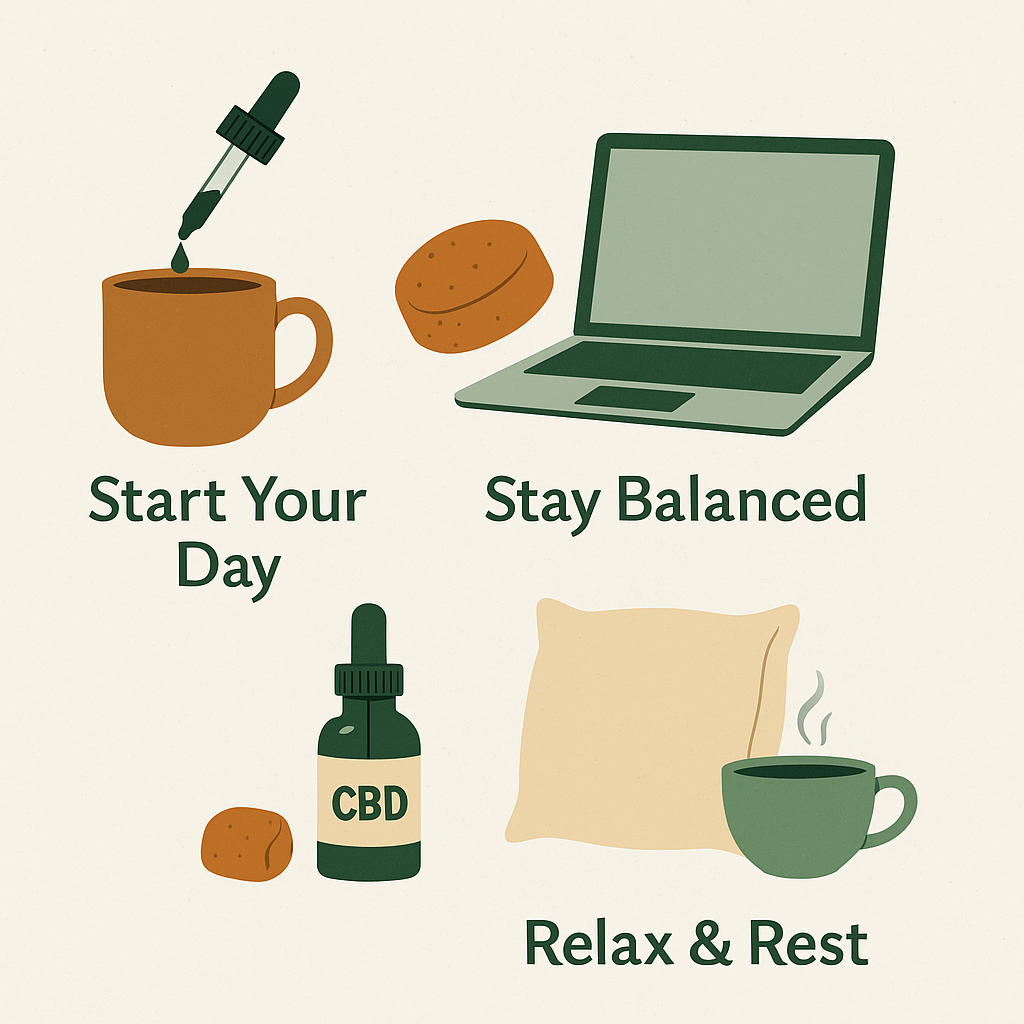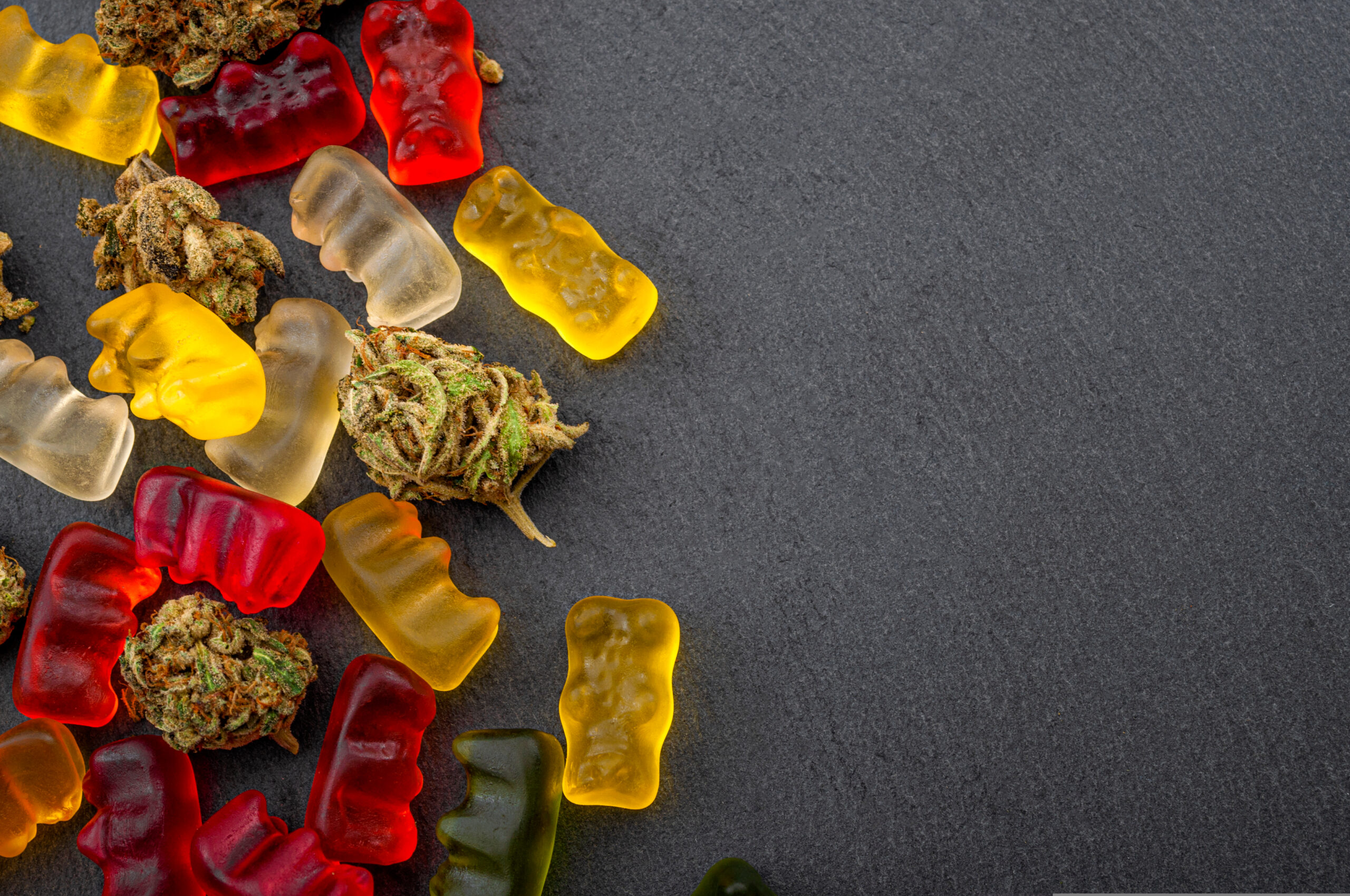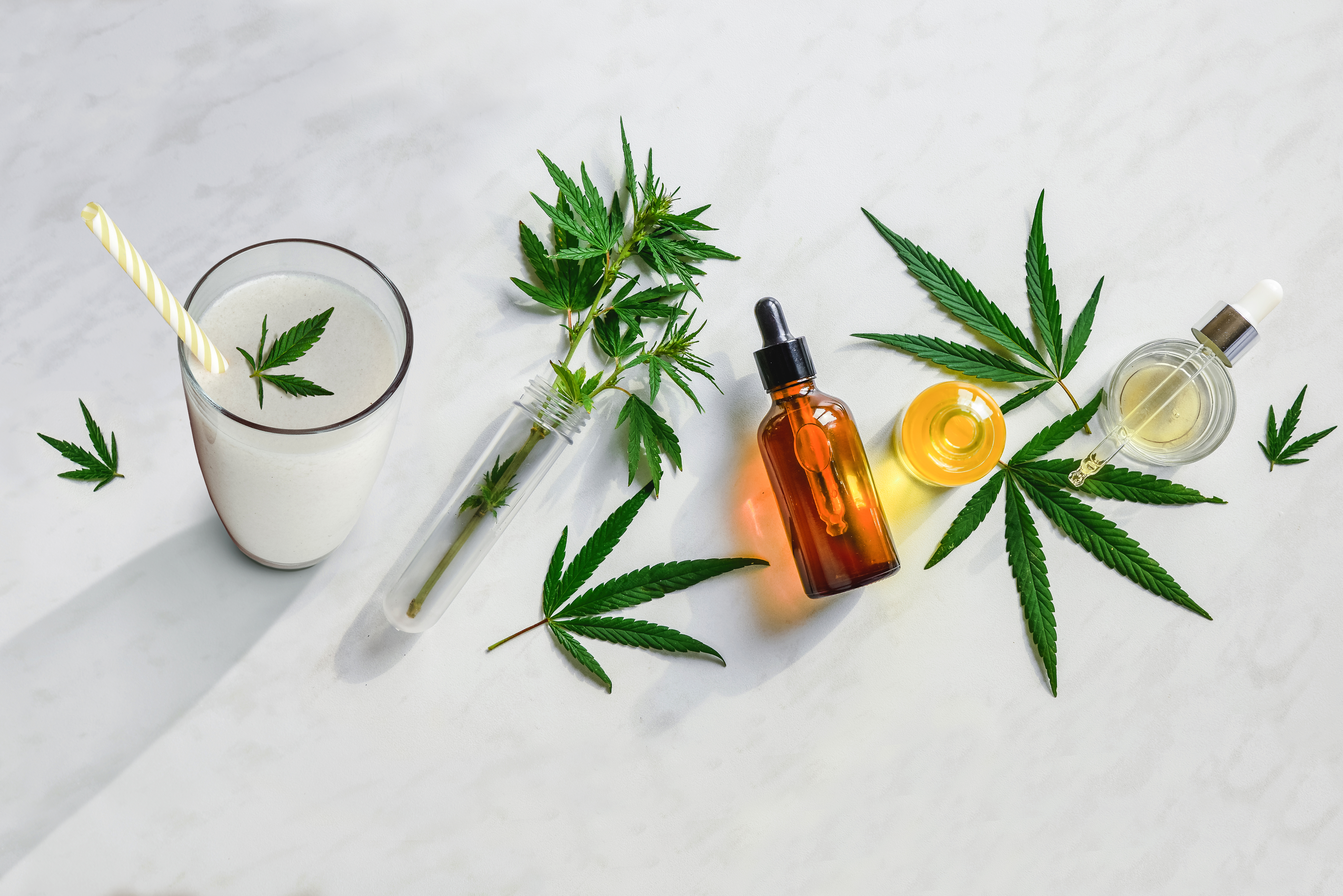Tetrahydrocannabinol (THC) is one of the primary compounds found in the cannabis plant that has been generating headlines and controversy for decades. With its psychoactive properties, THC is often at the center of debates regarding the legalization and regulation of cannabis. Yet, beyond the political and social discussions lie a myriad of myths and misconceptions about THC that often cloud genuine understanding. This blog aims to shed light on some of the most common myths about THC, offering an insight into what is fact and what is fiction.
Myth 1: THC Is Addictive
One of the most persistent myths about THC is that it is inherently addictive. In reality, while it is possible to develop a psychological dependency on cannabis, THC does not cause physical addiction the way substances like opioids or nicotine do. The term “cannabis use disorder” is what experts use to describe chronic and problematic cannabis use, which may occur in some users. However, studies suggest that the rates of this disorder are relatively low compared to other substances. Education on responsible consumption and awareness about personal limits can mitigate the potential for developing dependency.
Myth 2: THC Has No Medical Benefits
Contrary to the belief that THC is solely for recreational use, research has documented numerous therapeutic benefits of THC. It is known to alleviate chronic pain, stimulate appetite in patients undergoing chemotherapy, and assist in the management of mood disorders such as depression and anxiety. THC’s ability to bind with cannabinoid receptors in the brain and nervous system explains its effectiveness in modulating pain and mood. As more studies explore the medical applications of THC, its potential medicinal value continues to expand, challenging the outdated notion that it is without medical merit.
Myth 3: Higher THC Levels Mean Better Product
The misconception that higher levels of THC result in a superior product is a common one. While THC is responsible for the psychoactive “high,” the quality of cannabis is not only determined by its THC content. The entourage effect—where cannabinoids, terpenes, and flavonoids work synergistically—plays a crucial role in the overall experience and therapeutic effects. For example, certain strains with lower THC may provide more relief for anxiety or stress without overwhelming psychoactive effects. Consumers should focus on quality and effect rather than just THC content.
Myth 4: THC Kills Brain Cells
The narrative that THC is detrimental to brain health and kills brain cells is another myth lacking scientific support. While excessive use, especially among adolescents, may impact cognitive functions, moderate and responsible use does not inherently damage brain cells. In some cases, THC has shown neuroprotective properties, potentially aiding in conditions like Alzheimer’s disease. It’s essential to differentiate between responsible use and abuse when evaluating the impact of THC on brain health. Continuous research is necessary to fully understand THC’s long-term cognitive effects.
Myth 5: All THC Products Produce the Same Effect
Not all THC products are created equal, and their effects can vary significantly depending on numerous factors such as method of consumption, dosage, individual tolerance, and even the type of strain. Smoking or vaping THC often results in a quicker onset of effects compared to edibles, which can take longer but may last significantly longer. Additionally, individual body chemistry can influence how THC affects a person, as can the presence of other compounds in the product. Understanding these nuances is crucial for tailoring the cannabis experience to individual needs and preferences.
Myth 6: THC Stays in Your System for Months
There is a common misconception that THC lingers in the system for months, possibly affecting sobriety and drug testing results. In truth, how long THC remains detectable depends on factors such as frequency of use, body fat composition, metabolism, and the type of test administered. For occasional users, THC can be undetectable within days, while frequent users might find it takes weeks. Understanding the science behind THC metabolization can provide clarity and alleviate unwarranted concerns, especially those related to drug testing for employment or legal matters.
Myth 7: THC Leads to Loss of Motivation
A long-standing myth associated with THC use is the so-called “amotivational syndrome,” which suggests that THC users experience a lack of motivation and productivity. While anecdotal evidence may support this stereotype, there is no conclusive scientific evidence that THC inherently causes a decrease in motivation or ambition. Many users report increased creativity and focus, which contradicts this claim. As with any substance, THC affects individuals differently, and the resulting impact on motivation can vary widely.
The myths surrounding THC have often shaped public perception, leading to misinformation and stigma. As scientific research continues to uncover the complexities of THC and its effects, it’s crucial to approach the topic with an open mind and a commitment to differentiate fact from fiction. Understanding the truth about THC requires recognizing both its potential benefits and its risks, guided by informed discussions and evidence-based research. By dispelling these myths, we can pave the way for a more nuanced and informed conversation about cannabis and its place in our society.





